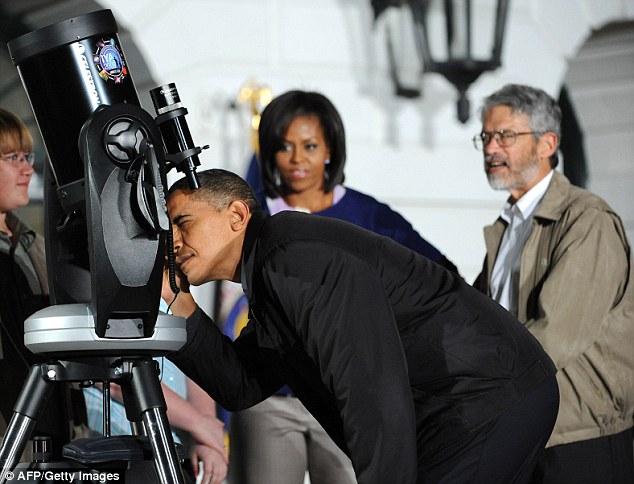Mindful
Diamond Member
- Banned
- #1
Our Universe is too vast for even the most imaginative sci-fi | Aeon Ideas
The US astronomer Neil deGrasse Tyson once said: ‘The Universe is under no obligation to make sense to you.’ Similarly, the wonders of the Universe are under no obligation to make it easy for science-fiction writers to tell stories about them. The Universe is mostly empty space, and the distances between stars in galaxies, and between galaxies in the Universe, are incomprehensibly vast on human scales. Capturing the true scale of the Universe, while somehow tying it to human endeavours and emotions, is a daunting challenge for any science-fiction writer. Olaf Stapledon took up that challenge in his novel Star Maker (1937), in which the stars and nebulae, and cosmos as a whole, are conscious. While we are humbled by our tiny size relative to the cosmos, our brains can none the less comprehend, to some extent, just how large the Universe we inhabit is. This is hopeful, since, as the astrobiologist Caleb Scharf of Columbia University has said: ‘In a finite world, a cosmic perspective isn’t a luxury, it is a necessity.’
Conveying this to the public is the real challenge faced by astronomers and science-fiction writers alike.
The US astronomer Neil deGrasse Tyson once said: ‘The Universe is under no obligation to make sense to you.’ Similarly, the wonders of the Universe are under no obligation to make it easy for science-fiction writers to tell stories about them. The Universe is mostly empty space, and the distances between stars in galaxies, and between galaxies in the Universe, are incomprehensibly vast on human scales. Capturing the true scale of the Universe, while somehow tying it to human endeavours and emotions, is a daunting challenge for any science-fiction writer. Olaf Stapledon took up that challenge in his novel Star Maker (1937), in which the stars and nebulae, and cosmos as a whole, are conscious. While we are humbled by our tiny size relative to the cosmos, our brains can none the less comprehend, to some extent, just how large the Universe we inhabit is. This is hopeful, since, as the astrobiologist Caleb Scharf of Columbia University has said: ‘In a finite world, a cosmic perspective isn’t a luxury, it is a necessity.’
Conveying this to the public is the real challenge faced by astronomers and science-fiction writers alike.


